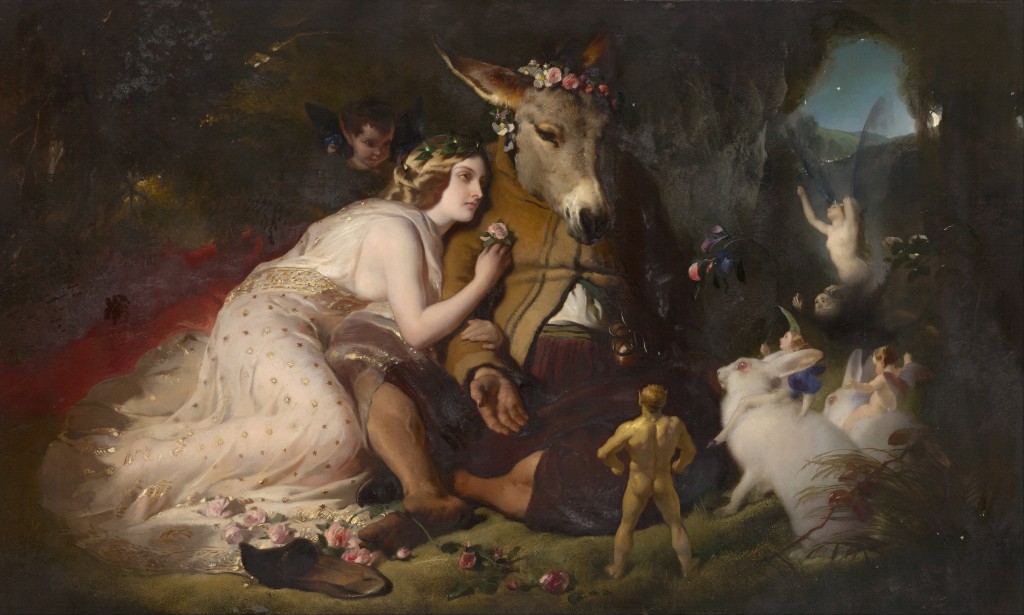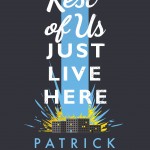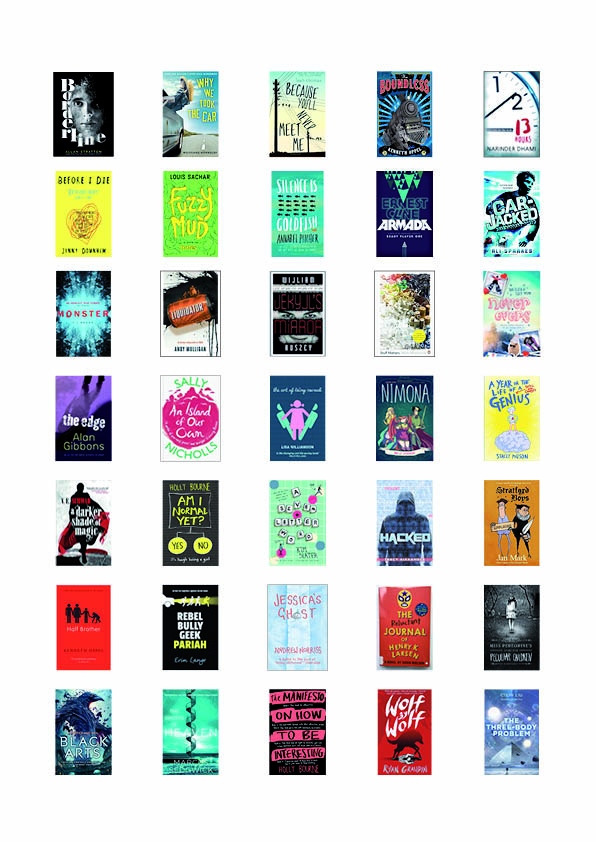We only have a two-and-a-half day week until the long summer holidays, so why not plan your reading with summer reading Bingo? Mark the Bingo square with books you’ve read, or plan to read, perhaps choosing to to mark squares in a row diagonally, horizontally or vertically.
I intend reading some Young Adult novels ready for more Books of the Week in September. Top of my reading pile is Blame by Simon Mayo. His Itch series has been popular and I want to see whether his writing for older teenagers is as exciting. I’m also going read some non-fiction, starting with Justice: What’s the Right Thing to Do? by philosopher Michael Sandel and finish a work of fiction that I am already halfway through: The Essex Serpent by Sarah Perry. There are also a couple of classics that have been staring accusingly at me from my bookshelf for ages – John Steinbeck’s The Grapes of Wrath and Daniel Deronda by George Eliot. The long holiday would be a good time to tackle one or both of them.
Let me know what you plan to read, or tell me in September if you have discovered any new titles or authors over the summer. Happy reading!
I am indebted to Giselle Morris, school librarian at King Harald Academy, for the Reading Bingo idea and picture.





